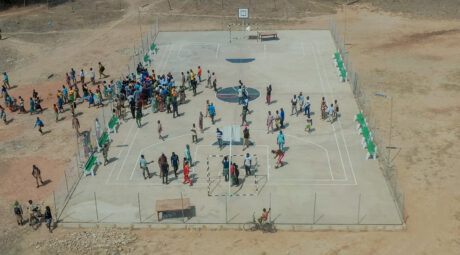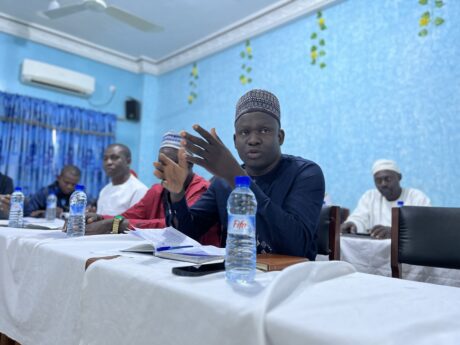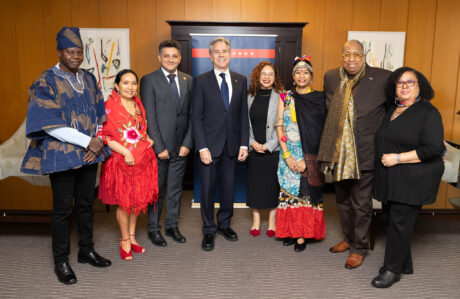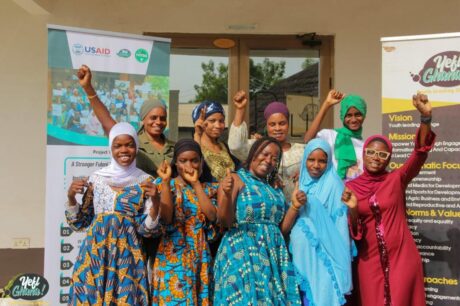Accra, GhanaA new study points threat to electoral risks posed by youth vigilante groups — including ballot box snatching, violence against political opponents and disruptions of voter registration processes — that could affect this country’s 2024 elections, according to the University of Cape Coast’s Department of Peace Studies and Elva Community Engagement.
Funded by the USAID Office of Transition Initiatives and managed by the Littorals Regional Initiative, the research sought to examine political party youth vigilante groups in Ghana, mapping and analyzing their activities. It focused on those framing their activities as just political youth groups, even though they continue to operate as armed vigilante groups.
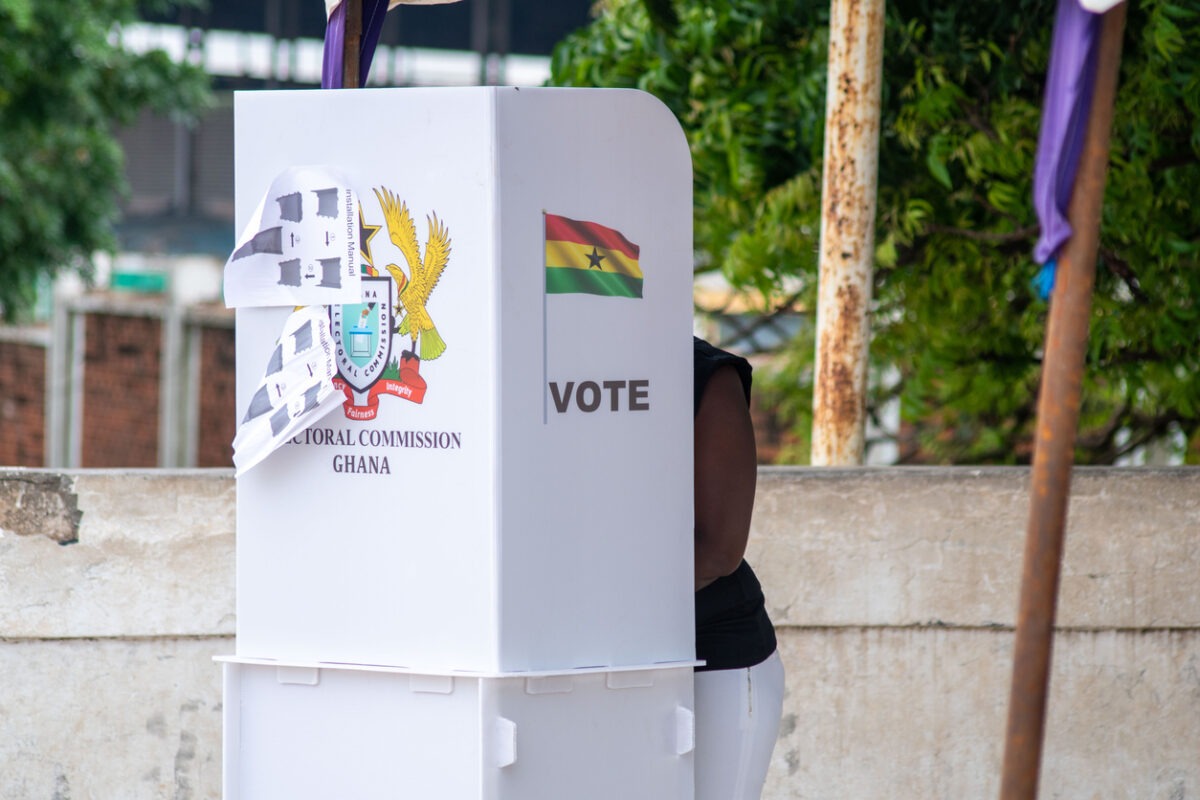
The study, “Political Party Youth ‘Vigilante’ Groups in Ghana: Rebranded, but Business as Usual,” said these youth groups are often associated with political parties, engage in unauthorized law enforcement and purport to provide community protection. Though youth vigilante groups were banned in 1999, the study revealed that they continue to operate.
“Political vigilante youth groups are organized quite informally, although there is always a well-structured leadership that is tied to Ghana’s political party leaders,” the study said. “Members are recruited through voluntary participation, party influence, and friends. The recruitment process is selective, potentially targeting individuals with specific skills (e.g., people who appear to be particularly resilient, strong, and versatile), influence or standing within the community.”
The research highlights the intricate social networks of vigilante groups, encompassing political parties, government officials, businesses and other youth groups, among other actors. These networks enable them to promote their interests, exert influence and access resources.
Dorsina Dwamena Aboagye, a Senior Program and Research Officer at USAID/OTI’s Littorals Regional Initiative program, notes that the study is timely given Ghana’s upcoming elections.
“We have already noted several instances of suspected vigilante-related violence across the country during the intra-party elections and the voter registration exercise,” says Dwamena Aboagye. “In sum, where there is strife and division at the political level, there is stunted development and poor social cohesion — ultimately impacting democracy.”
Groups rebrand but stay the same
Despite efforts to address the issue, the study said these groups have adapted and continue operating. Primarily comprised of male youth, these vigilante groups operate within the political party framework, playing a significant role in ensuring party security and mobilizing voters.
Some groups have rebranded themselves as “party security” or “party operations,” allowing them to engage in destructive activities while evading legal consequences. The study said the close symbiotic relationships between these vigilante groups and affiliated political parties are evident, with reports indicating that certain groups are even integrated into official security roles, serving as police and personal security detachments.
Incidents of violence during elections, such as the 2019 by-election shooting in Ayawaso West Wuogon, located in the Accra Metropolitan Area, underscore the detrimental impact of political vigilantism on electoral processes and public safety.
In response to the negative effect of these groups, Ghana enacted the Vigilantism and Related Offenses Act 999 in 2019, aiming to prohibit and penalize activities associated with political vigilantism. Ghana also established the National Election Security Task Force.
Conducted across eight administrative regions in Ghana, the study involved 340 survey respondents, 140 focus group discussants and 87 key informant interviews, providing valuable insights into unexplored aspects of political vigilantism. Unlike previous studies, it examines how vigilante groups respond to the law and their rebranding since its promulgation.
Additionally, it offers a comprehensive analysis of the intricate relations and social networks of actors involved in vigilantism, going beyond surface-level understanding and emerging non-vigilante or non-affiliated groups in border communities who are playing security roles. This phenomenon lacks any previous research.
Steps to reduce youth vigilante groups
Political vigilantism poses significant risks to democratic stability in Ghana, with far-reaching consequences for the country’s development and international reputation, the report said. If left unaddressed, it can undermine effective governance, hinder economic growth, erode public trust in the democratic process, deter foreign investment, damage Ghana’s image as a stable democracy and strain diplomatic relations.
To effectively address the tendency towards vigilantism and reduce the likelihood of violence, the study’s authors concluded that a concerted effort is required by the government, civil society and all stakeholders to tackle the root causes and bring about lasting change. They made several recommendations:
- Strengthen law enforcement and ensure effective enforcement of the Vigilantism and Related Offenses Act.
- Consider constitutional reforms to foster a more inclusive and balanced political environment.
- Foster collaborative efforts between the National Peace Council, Electoral Commission, National Commission for Civic Education, civil society organizations and faith-based organizations to implement trust-building dialogues and raise public awareness about the roles of these institutions in ensuring free and fair elections. Collaboration with marginalized communities is particularly crucial to training, engaging and educating youth on peaceful coexistence, reducing their vulnerability to political manipulation.
- Enhance community policing by bolstering the Ghana Police Service’s technical and operational capacities at the community level. This will reduce the need for parallel security arrangements and ensure better oversight of community watchdog committees.
- Actively disband vigilante groups and facilitate their transformation into constructive political activist groups through educational interventions, employment opportunities, and institutionalized deliberative dialogue between political parties and security agencies. Redirecting the energy and aspirations of these groups towards positive political engagement can break the cycle of violence.
